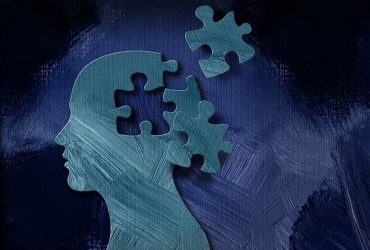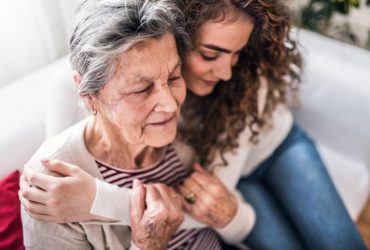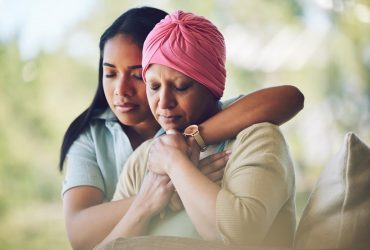However, for older and vulnerable adults, evidence is insufficient to assess balance of benefits and harms of screening for caregiver abuse, neglect
Overall, 79 percent of Americans would want to know if they had Alzheimer disease before experiencing symptoms or before symptoms interfere
Caregivers with poorer mental health have higher odds of having children with behavioral issues
Number of family caregivers providing help to older U.S. adults increased from 18.2 to 24.1 million between 2011 and 2022
Association seen for frequent seizures, emergency transport, longer epilepsy duration with poorer QOL in children, caregivers
Those who care for both children younger than 16 years and older family members experience deterioration in mental health for several years
Findings seen among younger Black women followed for seven years
Mental distress, depression, asthma, obesity, and having any or multiple chronic physical conditions worsened for caregivers from 2015 to 2022
Age, sex, irregular heart rhythm, and daily activity levels can predict cognitive decline and caregiver load over two years










